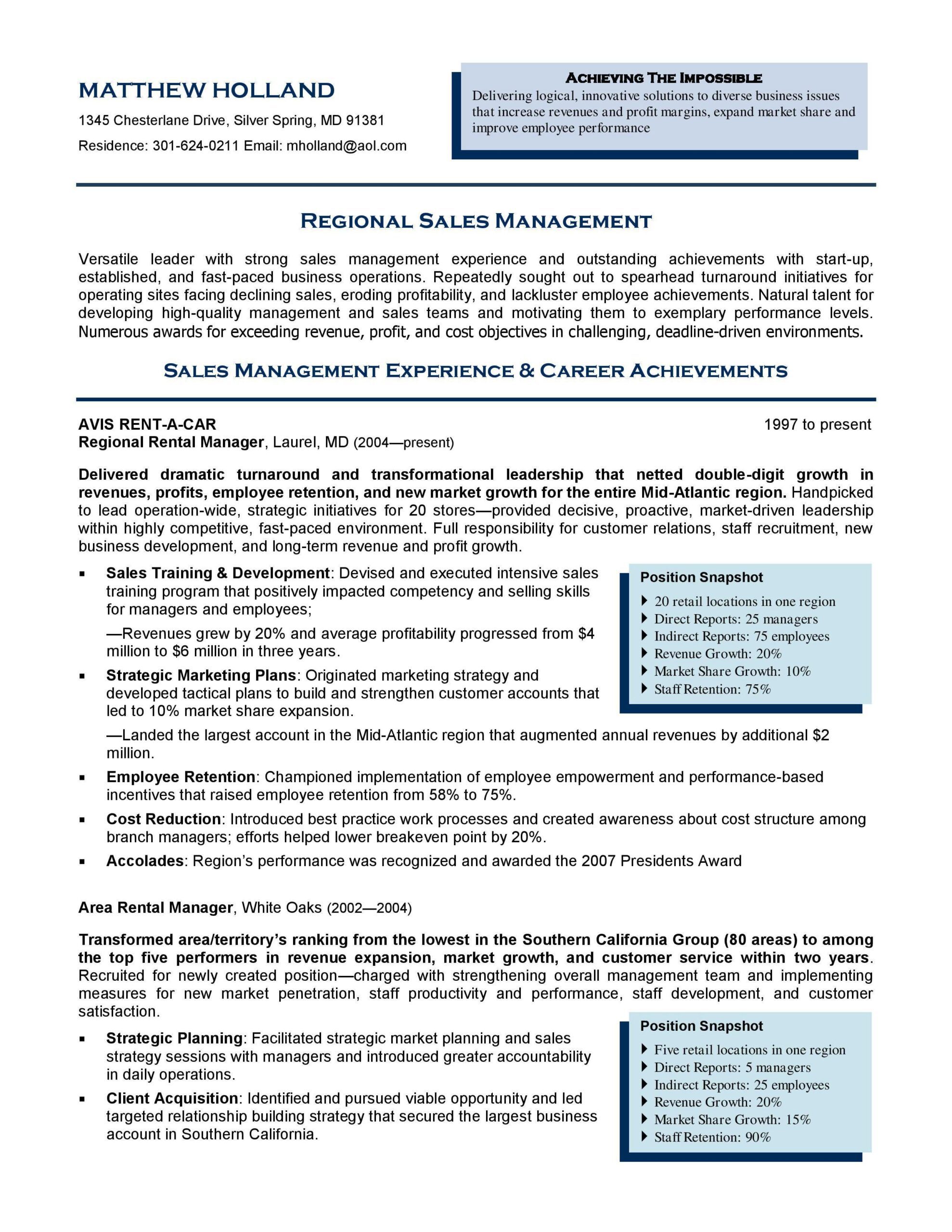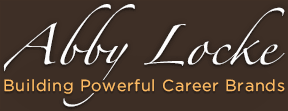
Many executives who contact me for resume services are often surprised and shocked about how ineffective their documents are.
I often get this response “Gee, I got professional help with document about five years ago, are your recommendations based on personal preference or does my resume need that much work?”
A very valid question that got me to thinking more about the world of executive work, employment/job search trends and the evolution of the executive resume.
So much has changed significantly in the past five years that would make your executive resume look outdated today, but are companies looking for different executive leadership skills and competencies today versus five years ago?
Well, the answer is “yes” and “no” – the economic downturn that hit the world like volcano in 2007/2008 put a plethora of talented professionals and executives in unemployment; and as companies were trying to leverage limited resources to do more with less, they had the advantage because it became an employers’ market.
What does that mean? It means that if you qualified for the job, have top career achievements and are available to work, those facts are not enough.
You have to go the extra mile to show employers that you are the right fit for them based on their business challenges and the solutions they need to stay relevant and competitive in today’s global economy.
Sounds great, but what does it mean for your executive resume? Well, I invite you to take a closer look at two key parts of an executive resume:
The Old Executive Profile:
Talented professional with 15-plus years’ experience in all functional areas for high volume and batch manufacturing with proven strengths in plant and operational management, lean manufacturing and supply chain development. History of success in rapid turnarounds, business stabilization and new product development.
A resume summary like this work wonders many years ago, it clearly showed the areas of expertise and showed some value proposition.
- Where it falls short today – how does this executive stand out from others with a similar background?
- What does this executive offer that spells success for manufacturing companies, time and time again?
The New Executive Profile:
Pioneering executive with success in devising manufacturing and plant operating strategies that eliminate redundancies, automate processes/systems, increase production output, and deliver productivity, quality, and efficiency improvements. Career spent developing award-winning initiatives and engineering solutions that saved Fortune 500 companies over $30M.
See the difference?
In this second example, there are no questions or guessing about what value and business solutions this executive brings to the table.
The Old Career Achievement:
- Transformed division’s safety and manufacturing standards and produced $1.2 million in savings.
Hands down, this is an outstanding achievement and it is quantified, so how can it be improved?
It is always helpful for employers and recruiters to understand the context or business situation where any achievement occurred. These are some questions that would come to mind:
- What was the situation before hand?
- Were operating and manufacturing costs above industry standards? Was company rapidly accumulating losses?
- Was division on the verge of closure due to safety and manufacturing issues?
The New Career Achievement:
Always surround your career achievement(s) with enough context and contrast so that employers can really understand the extent of your contributions.
LEADERSHIP CHALLENGE: Assumed directive to streamline operations, eliminate occupational hazards, and decrease levels of manufacturing waste and air emissions for manufacturing facility plagued with poor health and environmental safety standards.
Turnaround Management: Propelled division’s safety and manufacturing standards to highest, best-performing operations in entire company and generated $1.2 millions in savings.
When paired with the right context and/or job umbrella statements, your career achievements take on a life of their own.
In summary, you want your executive resume to tell a story, have appeal and have a consistent theme. Take a look at your current resume and answer these questions:
- What is the message you want to convey in the resume to employers?
- Is there a consistent theme is the leadership roles you held (beyond the obvious functional expertise)?
- What are employers repeatedly hiring you to achieve for them that others cannot?
- What is your professional brand or reputation and what are known for?



